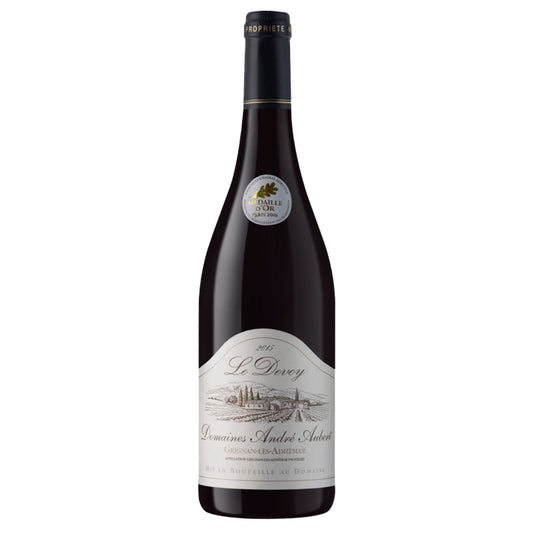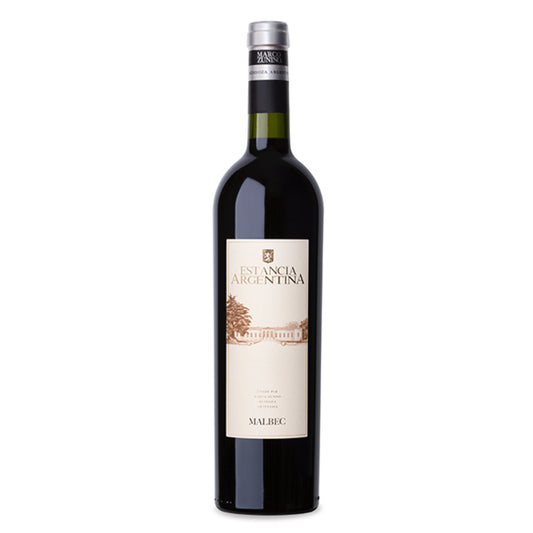-
The Farm Chardonnay VQA Niagara Peninsula 2019
Regular price $29.95 CADRegular priceUnit price per -
André Aubert Le Devoy Grignan-les-Adhémar 2019
Regular price $26.95 CADRegular priceUnit price per -
Domaine Baud Blanc de Blanc Crémant du Jura Brut NV
Regular price $34.95 CADRegular priceUnit price per -
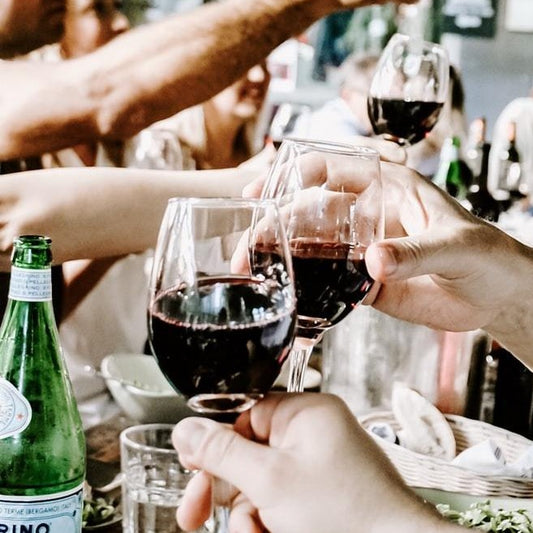 Sold out
Sold outRed Red Wine
Regular price $179.95 CADRegular priceUnit price per -
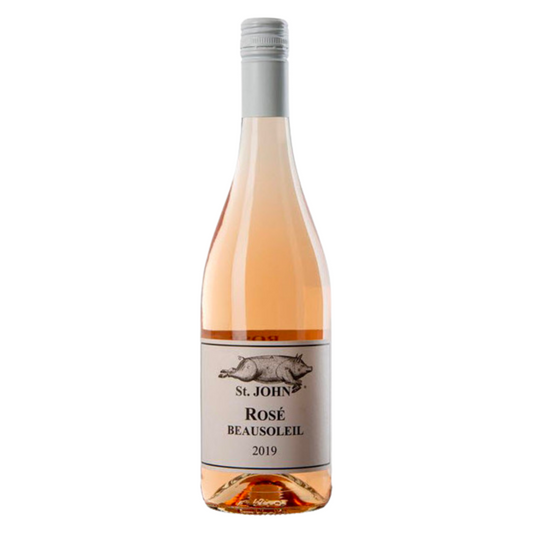 Sold out
Sold outSt. John Beausoleil Rosé 2020
Regular price $28.95 CADRegular priceUnit price per -
Pearce Predhomme Chenin Blanc 2020
Regular price $29.95 CADRegular priceUnit price per -
Château du Moulin Noir Montagne Saint Emilion 2011
Regular price $42.95 CADRegular priceUnit price per -
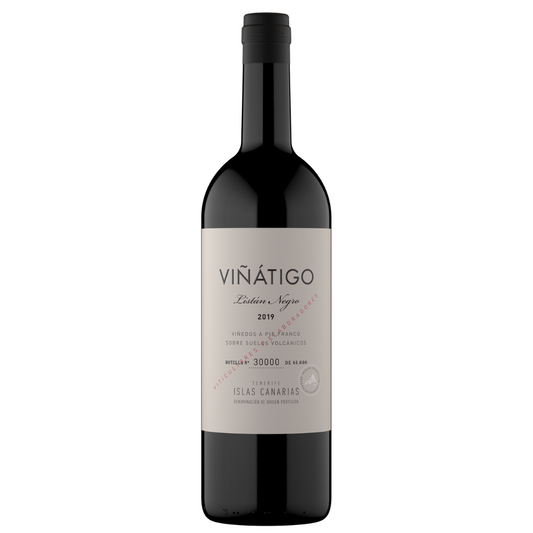 Sold out
Sold outViñátigo Listán Negro 2019
Regular price $44.95 CADRegular priceUnit price per -
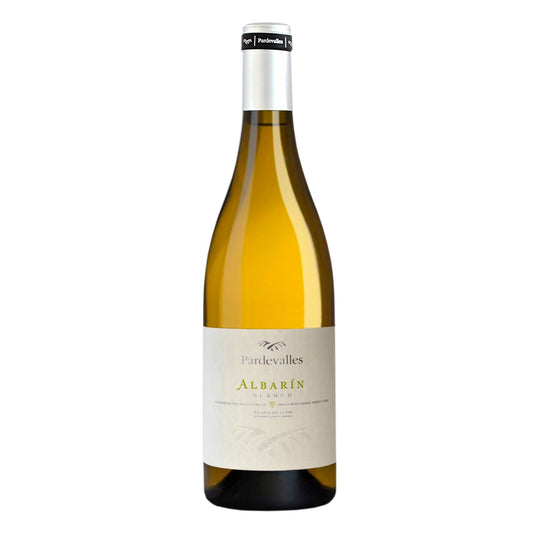 Sold out
Sold outPardevalles Albarín Blanco 2020
Regular price $35.95 CADRegular priceUnit price per -
Château Côtes de Bellevue Côtes de Bourg 2018
Regular price $29.95 CADRegular priceUnit price per -
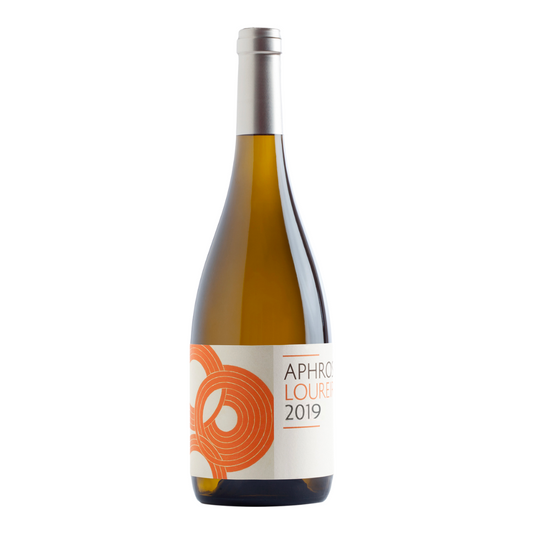 Sold out
Sold outAphros Vinhos Loureiro 2014
Regular price $33.95 CADRegular priceUnit price per -
Pardevalles Rosado Prieto Picudo 2020
Regular price $29.95 CADRegular priceUnit price per -
Domaine de Mauperthuis Goutte de Lune Chablis 2020
Regular price $54.95 CADRegular priceUnit price per -
Pearce Predhomme Pinot Gris Willamette Valley 2020
Regular price $37.95 CADRegular priceUnit price per -
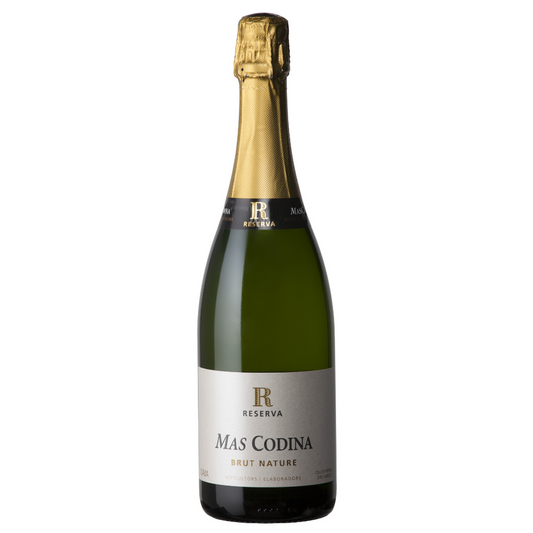 Sold out
Sold outMas Codina Cava Brut Nature Reserva
Regular price $32.95 CADRegular priceUnit price per -
Bodega Marco Zunino Estancia Argentina Malbec 2018
Regular price $30.95 CADRegular priceUnit price per

